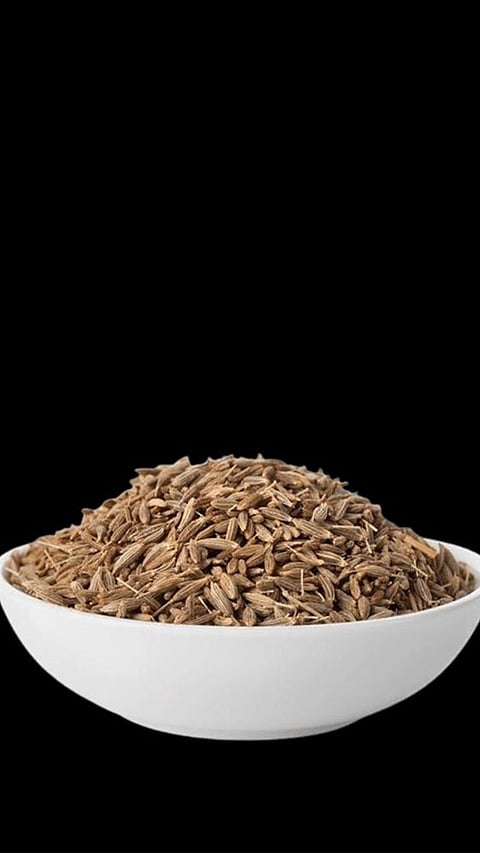Stories
Cumin Seeds: History and How They’re Used in Cooking
Ancient Origins: Cumin seeds have a rich history dating back to ancient civilizations like Egypt and Mesopotamia.
Spice Trade: Cumin seeds were highly valued and traded along the ancient spice routes connecting the East and West.
Culinary Staple: Cumin is a staple spice in many cuisines, including Indian, Middle Eastern, and Latin American.
Aromatic Flavor: Cumin seeds have a warm, nutty, and slightly peppery flavor, adding depth to various dishes.
Whole or Ground: Cumin seeds can be used whole or ground, with each form offering distinct culinary applications.
Spice Blends: Cumin is a key ingredient in popular spice blends like garam masala, chili powder, and taco seasoning.
Tempering Technique: In Indian cooking, cumin seeds are often tempered in hot oil to release their aroma and flavor.
Enhancing Rice and Pulses: Cumin seeds are commonly used to season rice, lentils, and beans for added taste.
Breads and Snacks: Cumin seeds are sprinkled on bread, such as naan or pita, and used in savory snacks like roasted chickpeas.

